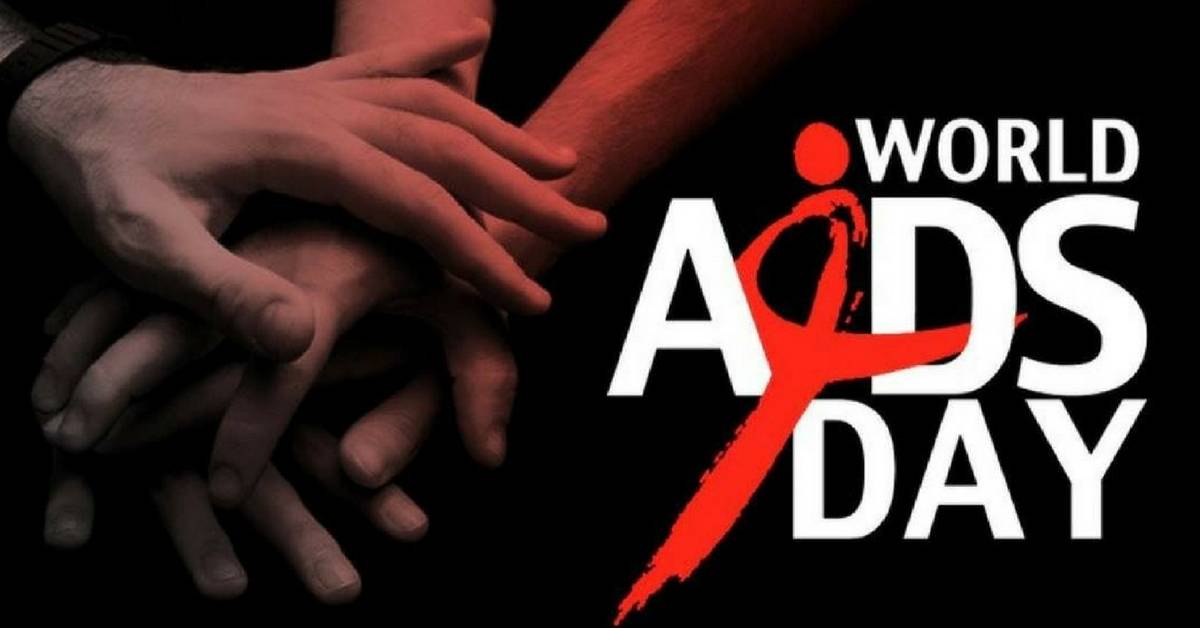
World AIDS Day is observed on December 1 every year to raise public awareness about the HIV/AIDS disease and demonstrate international solidarity in the face of the pandemic.
AIDS (Acquired Immuno Deficiency Syndrome) is a pandemic disease that is caused by the Human Immunodeficiency Virus (HIV) which leads to a weak immune system and people get exposed to more vulnerable infections and diseases.
According to the World Health Organization (WHO) Human immunodeficiency virus (HIV) is an infection that attacks the body’s immune system, specifically the white blood cells called CD4 cells. HIV destroys these CD4 cells, weakening a person’s immunity against infections such as tuberculosis and some cancers.
HIV is found in all the tissues, transmitted via blood, semen, breast milk, etc. It mainly affects the T-cells in the immune system and it is transmitted through blood transmission, sexual contact, etc. HIV symptoms in the first few weeks after initial infection people may experience no symptoms or an influenza-like illness including fever, headache, rash or sore throat.
As the infection progressively weakens the immune system, they can develop other signs and symptoms, such as swollen lymph nodes, weight loss, fever, diarrhoea and cough. Without treatment, they could also develop severe illnesses such as tuberculosis (TB), cryptococcal meningitis, severe bacterial infections, and cancers such as lymphomas and Kaposi's sarcoma.
Then the disease is usually asymptomatic until it progresses to AIDS. AIDS symptoms include weight loss, fever or night sweats, fatigue and recurrent infections. No cure exists for AIDS, but strict adherence to antiretroviral regimens (ARVs) can dramatically slow the disease's progress as well as prevent secondary infections and complications.
As per WHO, “38 million people in the world we're living with HIV at the end of 2019. 67 per cent of all people living with HIV had access to antiretroviral therapy (ART) and 7.1 million people living with HIV did not know that they have HIV at end-2019.”
Between 2000 and 2019, new HIV infections fell by 39% and HIV-related deaths fell by 51%, with 15.3 million lives saved due to ART. This achievement was the result of great efforts by national HIV programmes supported by civil society and international development partners. (WHO)
HIV can be diagnosed using simple and affordable rapid diagnostic tests, as well as self-tests. HIV testing services must follow the 5Cs: consent, confidentiality, counselling, correct results and connection with treatment and other services. (WHO)
The history of World AIDS Day dates back to 1987. Two public information officers of the ‘Global Program on AIDS’ James W. Bunn and Thomas Netter took their proposal for World AIDS Day to its director Jonathan Mann, who liked the idea. A year later, it was decided that December 1 will be celebrated as World AIDS Day.
This year World AIDS Day 2020 theme is “Ending the HIV/AIDS Epidemic: Resilience and Impact” which is a reminder of everything that can be achieved, when we together focus on the impact by delivering high-quality services for treatment and prevention of HIV, to the ones who are in need. It also focuses on tackling stigma and discrimination against people with HIV.
How Is HIV Spread from Person to Person?
- Having vaginal or anal sex with someone who has HIV without using a condom or taking medicines to prevent or treat HIV.
- Sharing injection drug equipment (“works”), such as needles, with someone who has HIV.
- From mother to child during pregnancy, birth, or breastfeeding.
- Getting stuck with an HIV-contaminated needle or other sharp objects.
- Contaminated blood transfusions and organ/tissue transplants
The objective of Worlds AIDS Day:
- To build new and effective policies and programs to strengthen our healthcare,
- Help find ways so that HIV/AIDS patients can live longer,
- To decrease the number of patients infected by HIV/AIDS
- Offer technical support to society for prevention and treatment,
- To raise awareness among people about cures to help fight against HIV infection.
Myths about HIV
HIV is not spread by:
- HIV AIDS is not caused by touching the patient, kissing, using used condoms, sneeze or spit, sharing toilets, cutlery, water, sterilised needles, etc.
- Air or water
- Mosquitoes, ticks or other insects
- Saliva, tears, or sweat that is not mixed with the blood of a person with HIV
- Shaking hands; hugging; sharing toilets; sharing dishes, silverware, or drinking glasses; or engaging in closed-mouth or “social” kissing with a person with HIV
- Drinking fountains
- Other sexual activities that don’t involve the exchange of body fluids (for example, touching).
Prevention of HIV/AIDS:
- Male and female must use a condom during sex
- Testing and counselling for HIV and STIs
- Testing and counselling, linkages to tuberculosis (TB) care
- The only way to know for sure if you have HIV is to get tested.
- By taking HIV medicine advised by Doctor (called antiretroviral therapy or ART), people with HIV can live long and healthy lives and prevent transmitting HIV to their sexual partners. Besides, there are effective methods to prevent getting HIV through sex or drug use, including pre-exposure prophylaxis (PrEP) and post-exposure prophylaxis (PEP).
Let us give publicity to HIV/AIDS and not hide it, because the only way to make it appear like a normal illness like TB, like Cancer, is always to come out and say somebody has died because of HIV/AIDS, and people will stop regarding it as something extraordinary.
"Never, never, never give up." -Winston Churchill
Source: HIV/AIDS (who.int) and How Is HIV Transmitted? | HIV.gov















